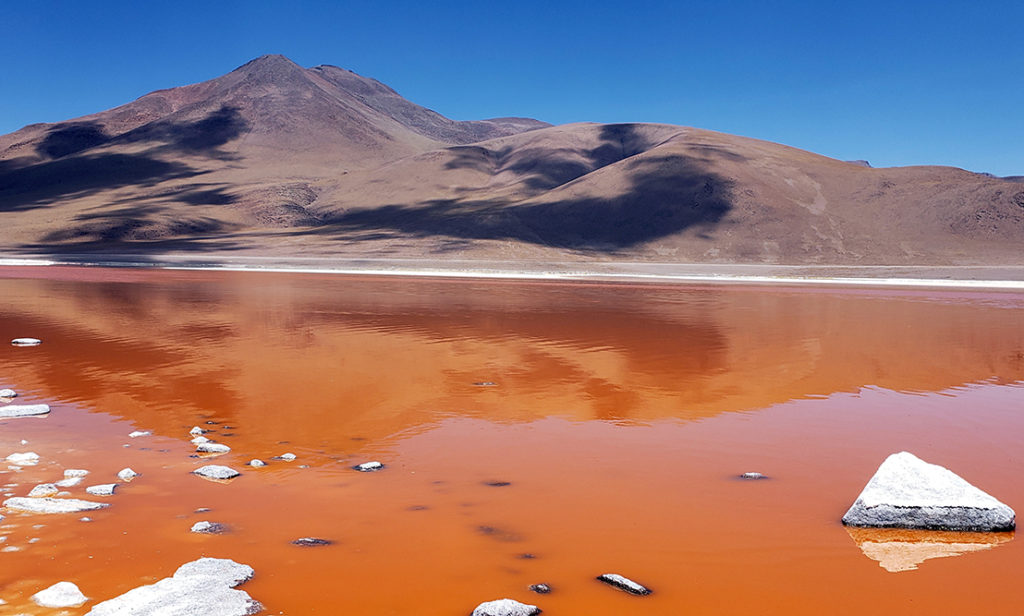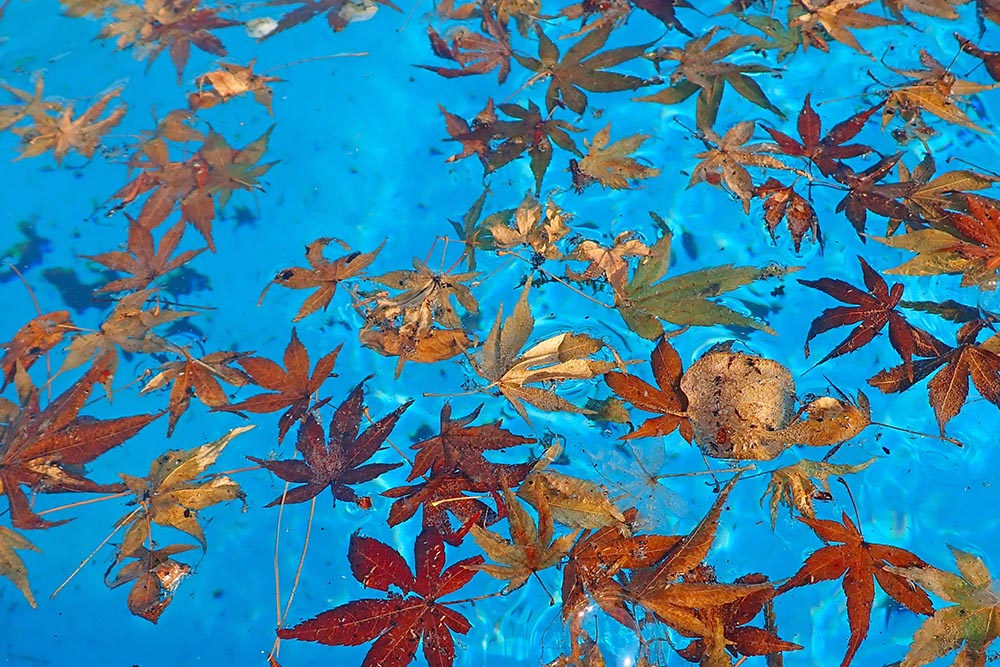Depending on when you are reading this, it is Earth Day, it just was Earth Day, or it’s about to be Earth Day. It is a sad commentary on our hectic lives that we need to have an Earth Day. While it’s nice to have the reminder, shouldn’t every day be Earth Day? And really, what’s with the name “Earth” anyway? Our wondrously beautiful planet is blue from space, not green, and seventy percent of it is covered with ocean. Indeed, if you get the right view (South Pacific, a long way south) and look at a globe it’s hard to see any land at all. We should change the name to Planet Ocean (and there is a World Oceans Day on June 8).
Life probably evolved in the sea. As embryos we exhibit pharyngeal gill slits during development. As babies we have no fear of water. As adults we exhibit the mammalian dive reflex. As soon as we submerge, our heart rate slows right down and the body shunts blood away from non-essential areas. The ocean is deeply embedded in our genes.
The ocean shapes the land. Ocean currents pump heat from the equator to points both north and south, The Gulf Stream keeps the northeastern United States and Canada relatively ice free. Great Britain, Norway and Sweden receive this equatorial gift as well. The Kuroshio current does the same for Japan and the Korean peninsula. In return, the poles send deep cold-water currents towards the equator and ultimately their upwellings bring nutrients into the surface waters, promoting phytoplankton growth and fueling food chains.

James Lovelock, the sadly recently deceased genius who coined the Gaia Hypothesis, suggested that the ocean was responsible for most of the planet’s terrestrial rain fall. He (and others) argued that oceanic phytoplankton released a precursor to dimethyl sulfide which breaks down into sulfates that act as nucleation centers for raindrops (the same principle behind the as yet unproven “cloud seeding” endeavors). But whether plankton is indirectly responsible for rain or not is irrelevant. The ocean provides the vast majority of the world’s freshwater as that 93 million miles away solar heater evaporates millions of tons from the sea every day. Onshore winds bring this moisture to our coastlines and as the moist air is forced upwards by terrestrial topography it cools and the moisture condenses and falls as rain or snow.
The ocean is also a massive carbon and heat sink. Thanks to human-produced Greenhouse Gases, Earth is heating, the infamous climate change phenomenon – you know, the one that some people still deny. But the oceans ameliorate this. Vast amounts of carbon dioxide dissolve in the seas, removing it from the atmosphere. Much ends up in various organisms and when they die, they sink to the bottom, taking the carbon with them. After millions of years, they are buried under a mountain of silt and are eventually subducted at plate margins and are taken into the mantle.
Sadly, the extra carbon dioxide the oceans have had to endure in the last hundred years or so is having an impact. When carbon dioxide dissolves in water it forms carbonic acid. It is why normal rainfall has a pH of 5.6 instead of 7 (and why, if you have a car battery that needs water added you use distilled water). Ocean acidity has increased around 30% since we first started record keeping. This impacts anything that has a calcium carbonate shell or skeleton. Corals, sea stars, oysters and many planktonic organisms are all affected. Coral reefs, already under stress from elevated sea temperatures, are now facing additional problems as a result.
But you mess with Gaia at your own risk. Elevated ocean temperatures lead to more powerful hurricanes and possibly increased frequency of such storms. The damage these inflict on land is not limited to the winds they bring. Storm surge and flooding inflict most of the damage. In low lying countries like Bangladesh thousands of people can die.
To add to the litany of woes the Arctic icecap is thinning. Year by year its extent reduces, and it melts earlier. Ice reflects heat back into space but warming temperatures melt it and reveal the dark seawater which absorbs the heat. So, it’s a positive feedback process. More heat, less ice, less ice, more heat.

But this is about Earth Day and this litany of gloom is a hell of a way to wrap up a blog. On Earth Day I like to think about the good things; the stunning mountain sunsets, the kaleidoscope of colors on a coral reef, the sound of approaching rain in a rainforest, the scent of a wild gardenia. You all have your own favorite: perhaps it’s thunder of hooves from a herd of wild horses, or a skein of geese, honking as they fly, or the purr of a cat, or the wagging tail of a dog. We are all, all life, transitory passengers on this incredibly fragile planet on a grand adventure as we circle the sun. We stand or fall together.
I leave the last word to Charles Darwin, who, in the final paragraph of the Origin of Species, wrote one of the most beautiful pieces in human literature. As I read it again for the umpteenth time, I wonder how often he rewrote it or whether it just flowed naturally from his extraordinary brain.
“Thus, from the war of nature, from famine and death, the most exalted object of which we are capable of conceiving, namely, the production of the higher animals, directly follows. There is grandeur in this view of life, with its several powers, having been originally breathed into a few forms or into one; and that, whilst this planet has gone cycling on according to the fixed law of gravity, from so simple a beginning endless forms most beautiful and most wonderful have been, and are being, evolved.
Happy Earth Day.

